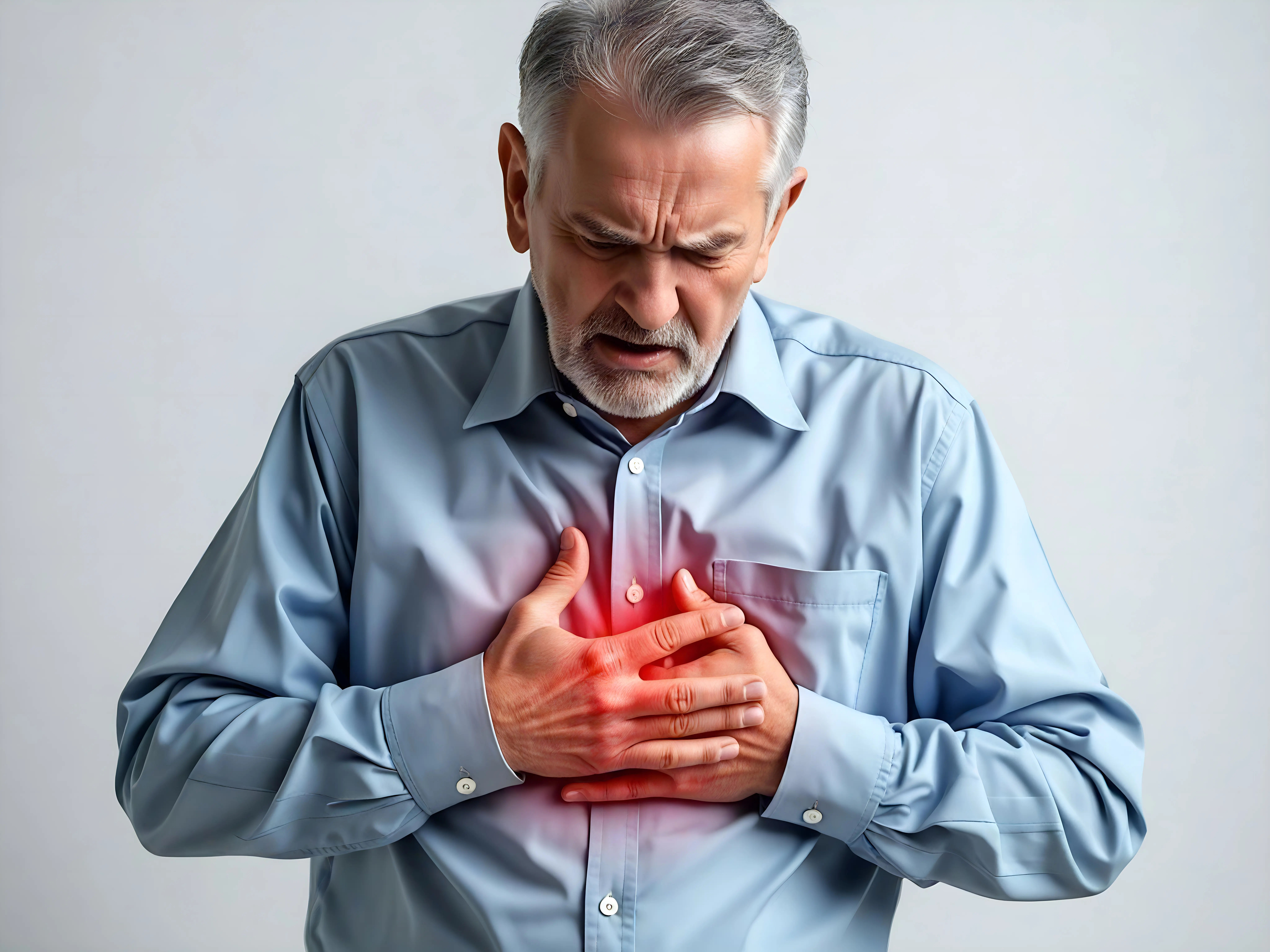- male
- 55 Years
- 29/01/2025
I'm really worried about my dad. He's been having some discomfort in his left hand, and sometimes right hand, that goes up to his wrist and neck. He's 55 and has been experiencing this for the past few months. His cholesterol levels are at 225, and his blood pressure is around 13075. Do you think these could be signs of a pre-heart attack? I would really appreciate any advice.
Answered by 1 Apollo Doctors
These symptoms could indeed be concerning for potential heart issues. It is important to act promptly. I recommend that your father take Aspirin 81mg immediately to help prevent blood clot formation. Additionally, he should take Nitroglycerin sublingual tablets for immediate relief of chest pain or discomfort. It is crucial to seek emergency medical attention as soon as possible.
Dr. Chandra Suggests...
Consult a Cardiologist
Answered 04/07/2025
0
0

More Cardiology Health Queries
View allI've been experiencing some chest pain in the center of my chest after I eat. It's been happening for the past couple of days, and the pain comes and goes throughout the day. Sometimes, the pain is in my heart and left chest, and it's really bothering me. I also feel it a lot in the right chest, in the middle of the two chests. I can't easily visit a clinic because it's far away and with corona, I'm trying to stay safe. Is there any medicine you can suggest that I can get from a medical shop nearby? I'm really worried and would appreciate your help.
take tablet zerodol and tablet pantoprazole
Answered by 1 Apollo Doctors
I'm 58 and I've been dealing with diabetes for over two decades now. Recently, I found out I have mild graded left ventricular hypertrophy. Should this be something I'm really concerned about?
Visit Physician for evaluation and appropriate management
Answered by 1 Apollo Doctors
I'm really concerned because my ECG showed an abnormal result yesterday with something about an RBBB block. Is this something serious, and should I head straight to the hospital? Or can I just stick with the medication that was given to me at the health camp?
Yes visit Cardiologist for further evaluation and appropriate management
Answered by 1 Apollo Doctors
Disclaimer: Answers on Apollo 247 are not intended to replace your doctor advice. Always seek help of a professional doctor in case of an medical emergency or ailment.





